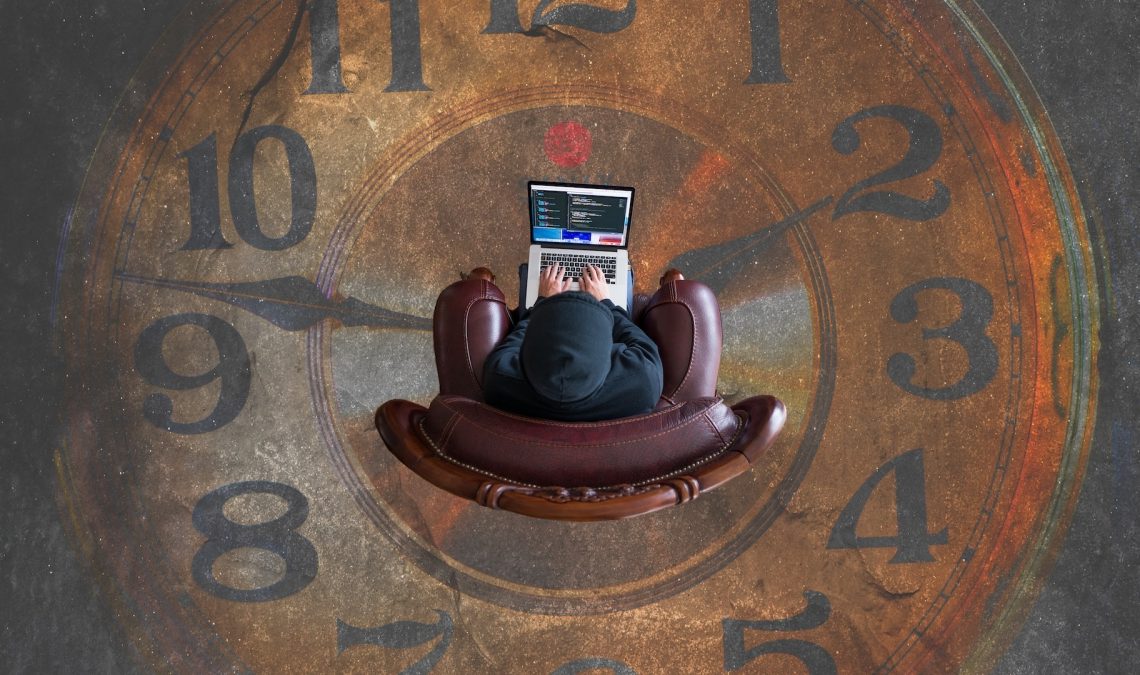
Anxiety affects millions worldwide, with more than 20% of US adults grappling with these harsh and difficult mental challenges. While seeking professional help may prove helpful in many situations, finding ways of successfully incorporating in-home strategies is equally crucial. This article guides you through these approachable yet powerful practices that can help alleviate anxiety.
From mindfulness exercises to deep breathing techniques, empowering yourself with the tools needed to regain control can help you pave the mental path toward tranquility from the comfort of your own home.
8 At-Home Anxiety Reduction Techniques
These techniques are designed to help you gradually reduce your anxiety levels peacefully and safely. These practices may help empower you to manage anxiety on a daily basis and may be most effective when paired with professional care.
1. Mindfulness
Mindfulness is a concept involving focused attention on the present moment. These practices positively impact the brain’s amygdala, reducing stress response. Regular acts of mindfulness, such as breathing exercises or body scans, can balance and enhance emotional regulation and help decrease symptoms associated with anxiety disorders. When practiced regularly, mindfulness can be vital for promoting continued resilience to stress.
2. Deep Breathing Exercises
Deep breathing exercises, like diaphragmatic breathing, activate the body’s relaxation response. This sequence triggers the vagus nerve, influencing the parasympathetic nervous system to counteract anxiety’s physiological effects. Practicing deep breathing reduces stress hormones and improves oxygen exchange, enhancing overall well-being.
3. Progressive Muscle Relaxation (PMR)
Progressive Muscle Relaxation includes systematically tensing and then relaxing muscle groups. PMR helps decrease muscle tension and activates the body’s relaxation response.
This technique can be employed to manage anxiety and insomnia and may be beneficial in reducing symptoms related to generalized anxiety disorder.
4. Aromatherapy
Aromatherapy utilizes essential oils to impact mood and alleviate stress. From lavender to chamomile, specific scents have demonstrated anxiolytic effects and can provide a natural and calming remedy for anxiety symptoms.
5. Physical Exercise
Regular physical exercise has profound effects on mental health and is pivotal in its role in releasing endorphins, neurotransmitters that act as natural mood lifters. Engaging in activities like brisk walking or jogging reduces anxiety symptoms and contributes to overall mental well-being.
6. Digital Detox and Relaxation Techniques
Reducing your daily screen time is essential for advancing your mental well-being. Excessive screen exposure can disrupt sleep patterns and contribute to anxiety. Incorporating relaxation techniques during breaks, such as deep breathing or stretching exercises, helps counteract the negative impacts of prolonged screen use.
7. Journaling for Emotional Release
Journaling serves as a therapeutic outlet for emotional expression. Expressive writing has been linked to reduced anxiety symptoms, and journaling can be helpful in promoting self-reflection and aiding individuals in identifying and managing sources of stress and anxiety in their lives.
8. Ketamine IV Therapy
Ketamine can potentially offer a unique approach to anxiety management. Ketamine’s impact on the default mode network, a brain region linked to self-referential thoughts, contributes to its therapeutic effects. When administered intravenously, ketamine acts swiftly on the brain’s receptors, positively influencing neurotransmitters like glutamate. This rapid action distinguishes it from traditional antidepressants.
Professional administration of ketamine IV therapy presents tremendous promise for those seeking rapid and profound relief from anxiety symptoms.

Developing a Daily Relaxation Routine: Self-Care Tips
Establishing a daily relaxation routine is crucial for enhancing your mood and mindset. Regular relaxation aids in stress reduction, positively impacting mental health. Incorporating soul-soothing activities into your regimen can enhance the body’s relaxation response.
While at-home practices are beneficial, severe cases of anxiety may require advanced interventions.
Recently, ketamine IV treatments have emerged as a medical breakthrough. Intravenous ketamine acts on glutamate receptors, offering rapid relief for the associated symptoms related to anxiety, depression, or post-traumatic stress disorders. Ketamine treatments are most impactful when combined with professional resources such as coaching and counseling.
Acknowledging the significance of daily relaxation, individuals can complement their routines with professional care, including the promising option of ketamine for comprehensive anxiety management.
Last Words
Finding your inner balance and peace through at-home anxiety reduction techniques is an attainable goal that is within reach. While these practices offer valuable support, it’s crucial to recognize the full spectrum of anxiety severity. For those facing persistent challenges, consulting with a healthcare professional may prove necessary.
It is vital in regulating neurotransmitters, impacting the brain’s default mode network linked to self-referential thoughts. As you explore at-home strategies, remember that seeking professional guidance, including potential avenues like ketamine IV therapy, ensures a comprehensive and tailored approach to managing anxiety.


